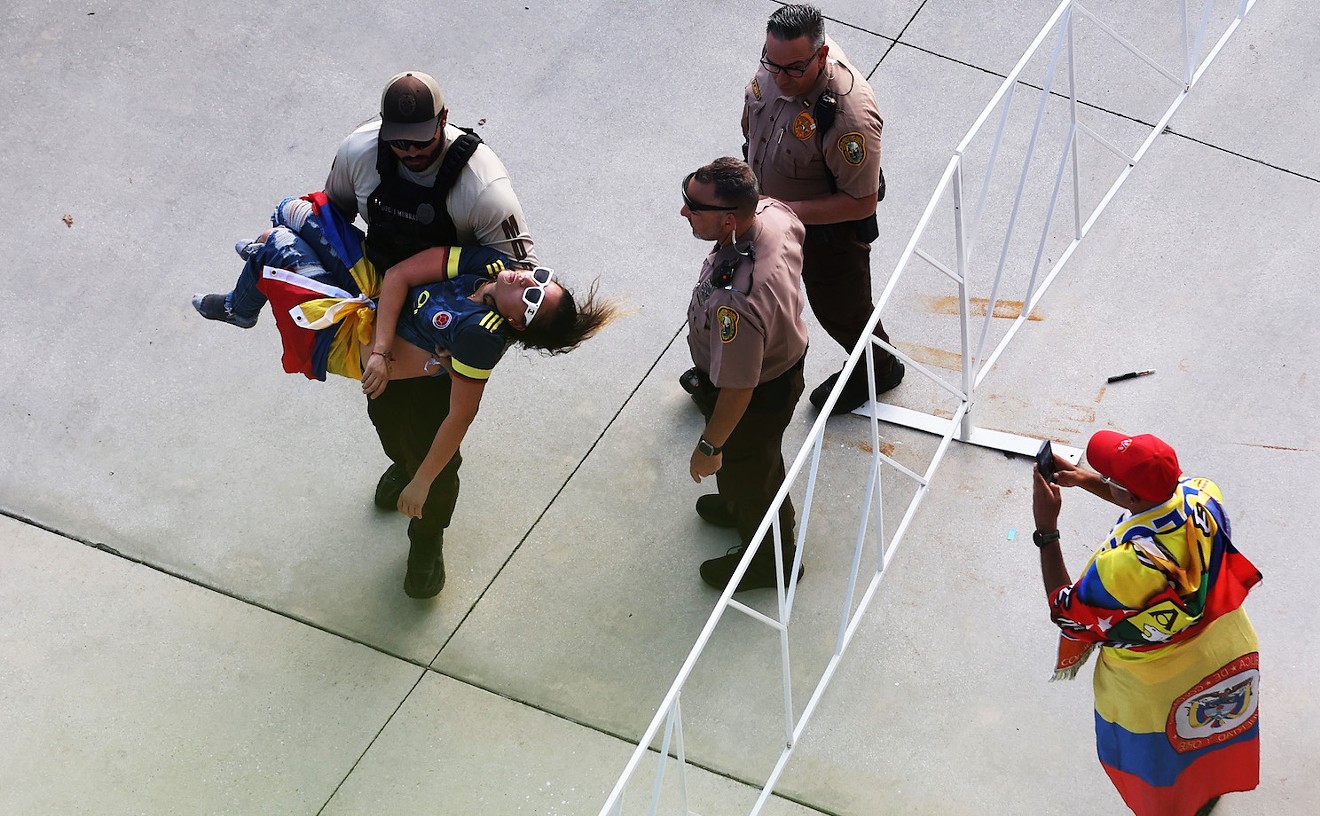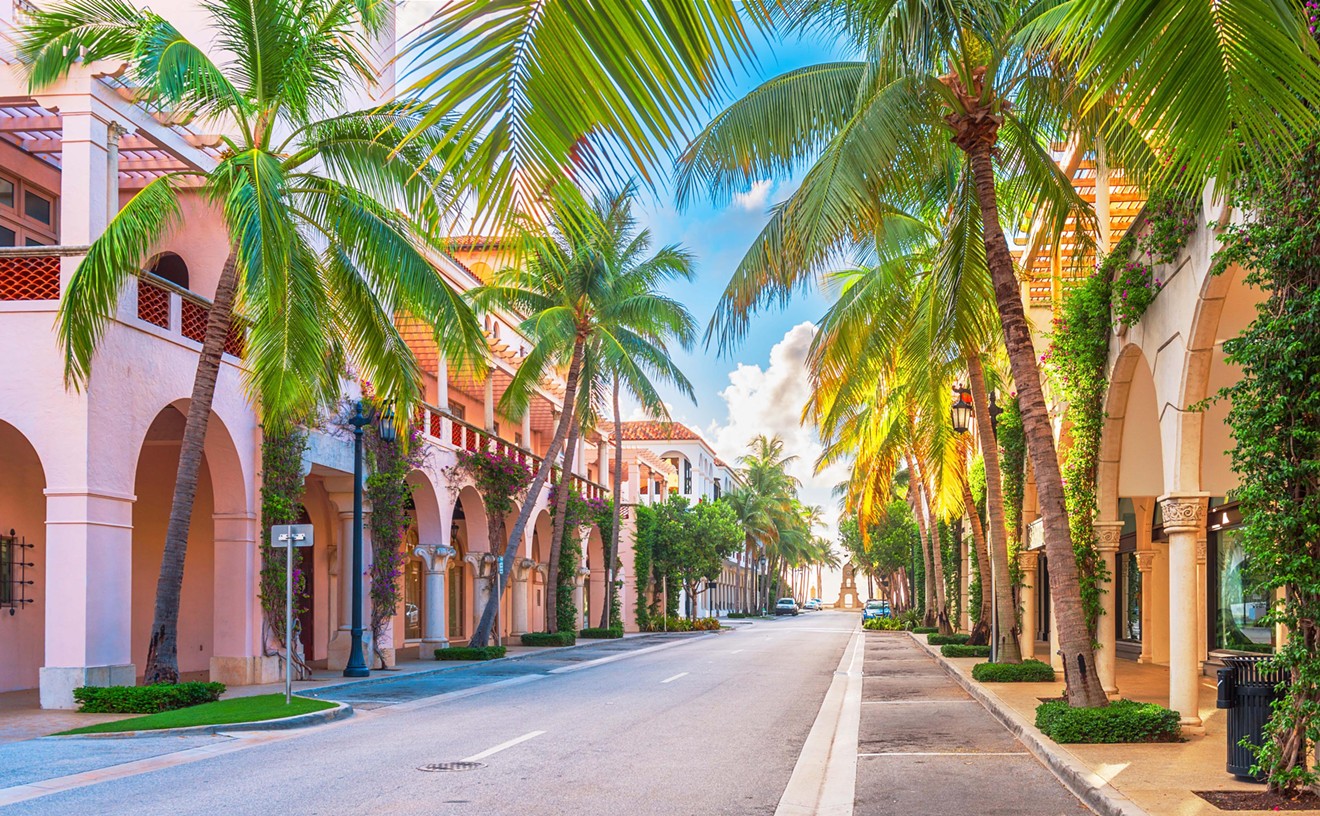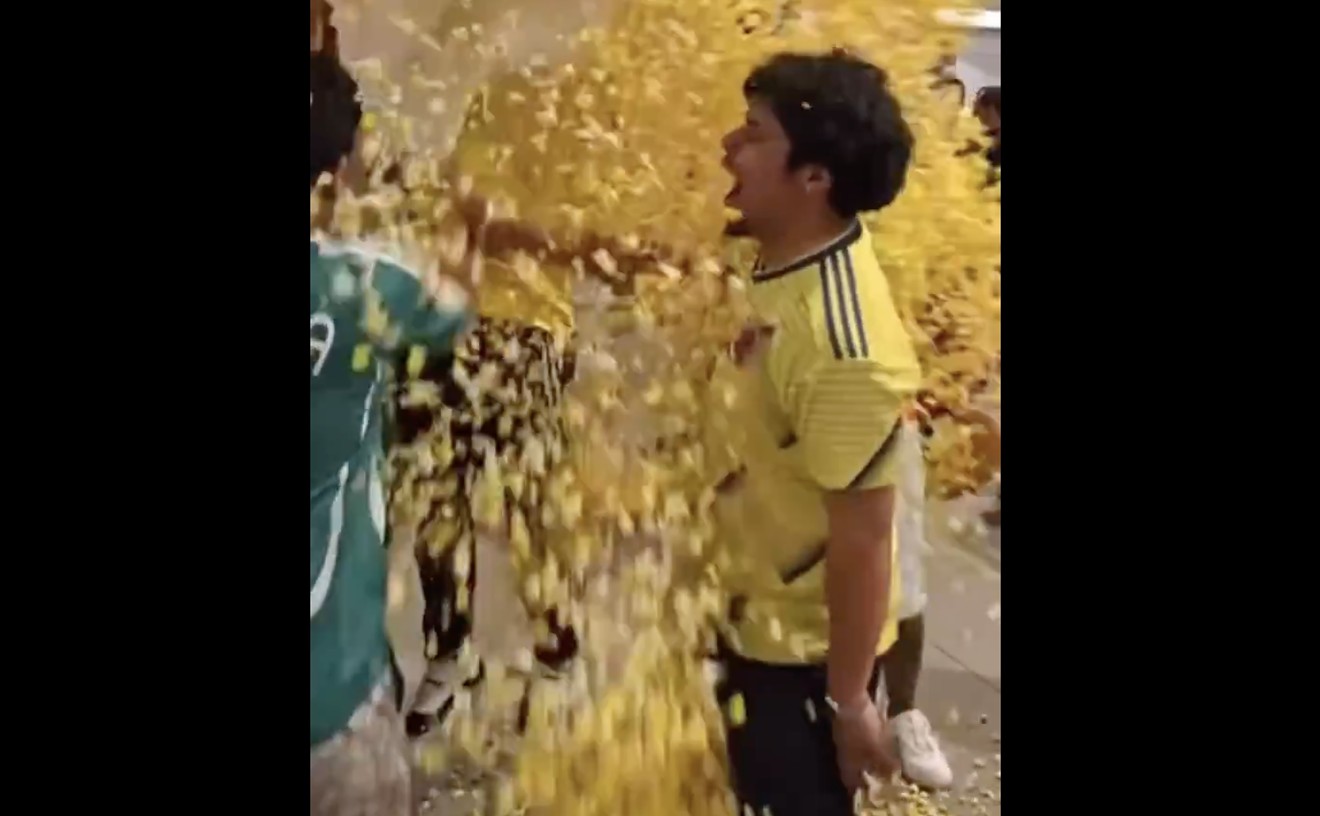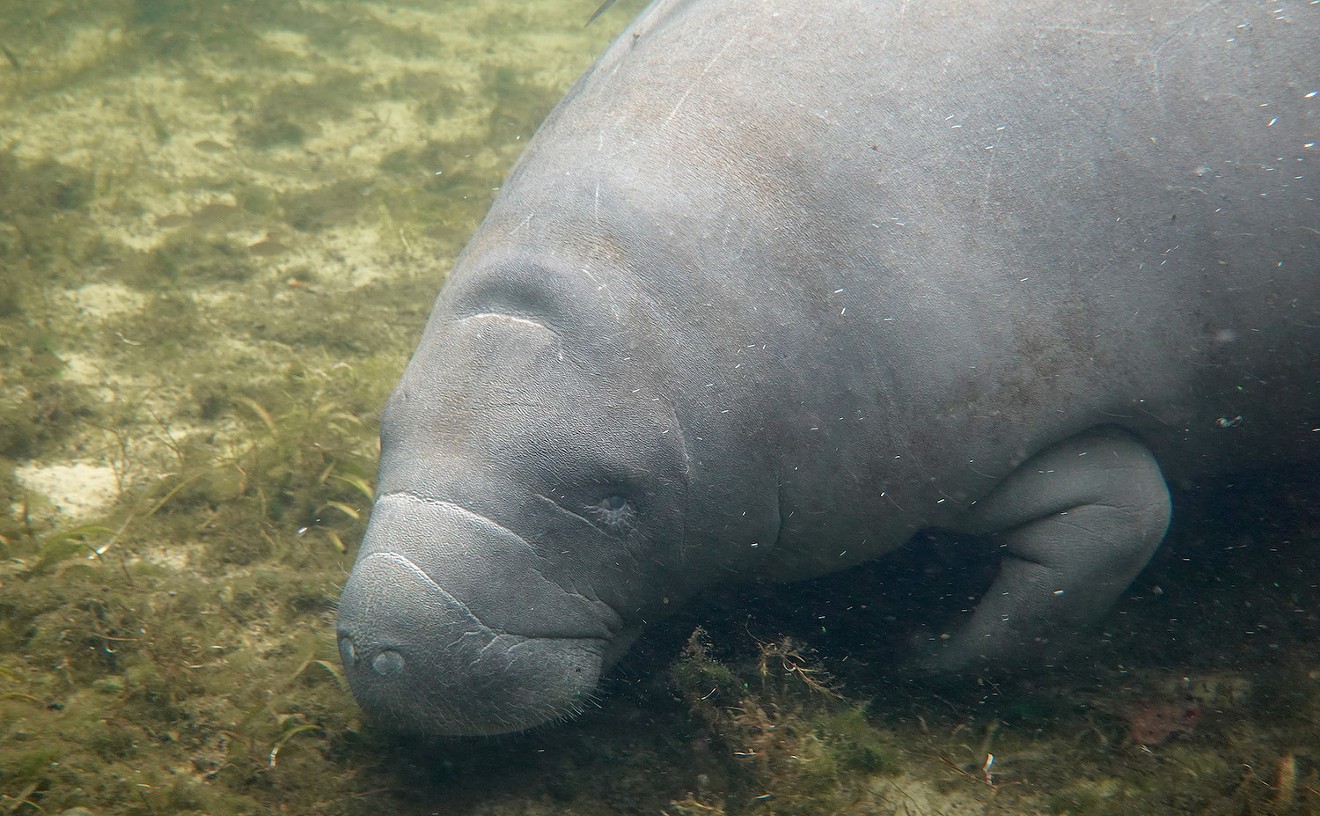Like other colleges across the nation, UM has implemented a hybrid learning model in which some students attend classes in-person and some log in remotely. But student journalists say the administration has a blind spot when it comes to one seemingly dangerous campus group: fraternities.
Last week, the student newspaper, the Miami Hurricane, reported that the school's fraternities have continued to throw parties despite university rules barring large social gatherings. Anonymous sources who attended the parties or saw footage on social media described seeing 50 to 60 maskless students sharing drinks inside packed frat houses.
Nevertheless, none of the Greek organizations has been disciplined or shut down. Ryan C. Holmes, UM's dean of students, told the Hurricane the university had insufficient evidence to take action.
"We have to differentiate between what is a complaint and what is a rumor," Holmes told the paper.
The Hurricane's bravest journalist, anonymous sex columnist "V," doesn't buy that.
"It's 100 percent bullshit," V tells New Times. "There are videos circulating. It's just they don't want to do anything about it."
On Wednesday, V dropped a bombshell column naming names and rebuking the administration for sitting on its hands. The column, titled "Mama raised a snitch," suggests that UM has looked the other way because fraternity alumni donate big bucks to the school.
"It's literally the exact same thing as the football team," V says. "No one talks about how they treat girls at this school 'cause it's a moneymaking thing."
For the column, V spoke to two sorority members who reported the time and address of a frat party to campus police but they said they were told there was nothing the department could do about it. V says administrators who claim there isn't enough evidence to bust the parties aren't looking hard enough.
In a statement, Holmes tells New Times that every complaint has been investigated but none has led to the proof necessary to lodge charges against a Greek organization.you tell me: who is the culpable party? the frat boys behaving predictably, or the university admins who knew what would happen if they chose in-person fall 2020, went ahead with it anyway, & now say “but what can we do?”https://t.co/Dd68dOeckJ
— Pikachu Nefesh for the HHD (@PhD_femme) September 9, 2020
"The University of Miami Dean of Students office has received several anonymous reports related to both on- and off-campus behavior allegedly implicating Greek Life organizations," he says. "Most of these anonymous reports have not included any proof to support their claims."
Nicholas Milano, president of the university's Interfraternity Council, did not respond to an email from New Times. Sofia Hamilton, the chair of UM's Association of Greek Letter Organizations, referred questions to the school's media relations department.
According to university rules, students must answer questions on a daily symptom checker in order to move about freely on campus. But V says there seems to be a disparity between how school authorities treat average students versus fraternity members.
"If I want to grab a Starbucks coffee, a police officer or security guard will harass me to show them the daily symptom tracker," V says. "But they can't stop a party that's going on."
V doesn't want UM to shut down the campus entirely and isn't in agreement with the vocal group of students who believe the school should not have reopened for in-person instruction. But V thinks it would be reasonable to suspend Greek life until the spring semester.
"I don't want my article to shut down the campus by any means; I want it to shut down the frats so we don't have to shut down campus," V says. "They can survive."
But V isn't hopeful that will happen. And in the meantime, V says the frat parties will continue.
"They're 100 percent the super-spreaders of campus," V tells New Times. "Does someone have to die from this before we actually start taking this seriously?"












